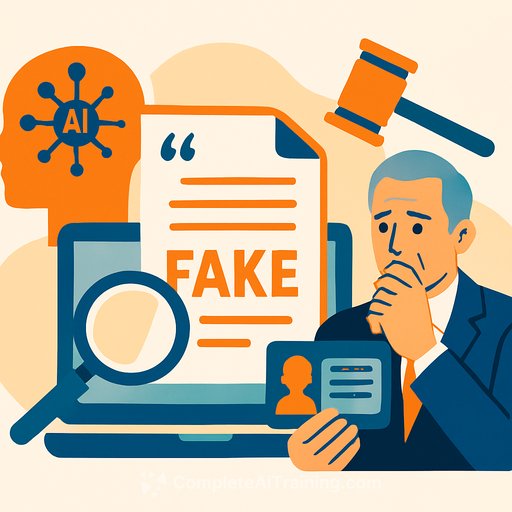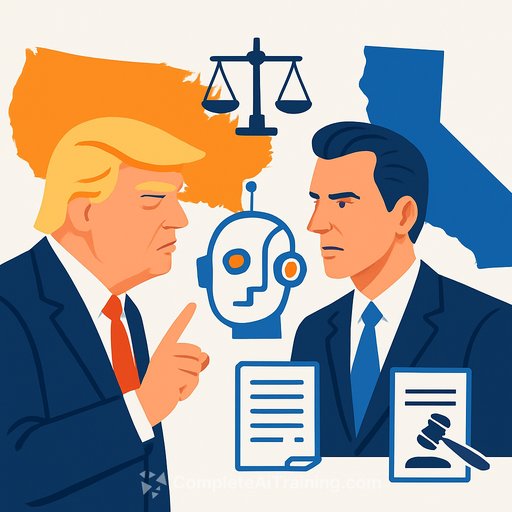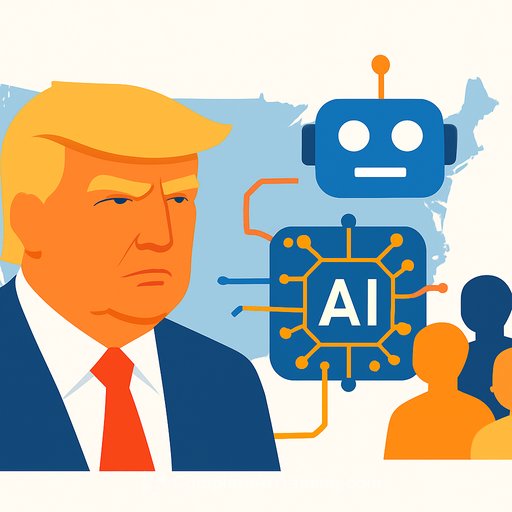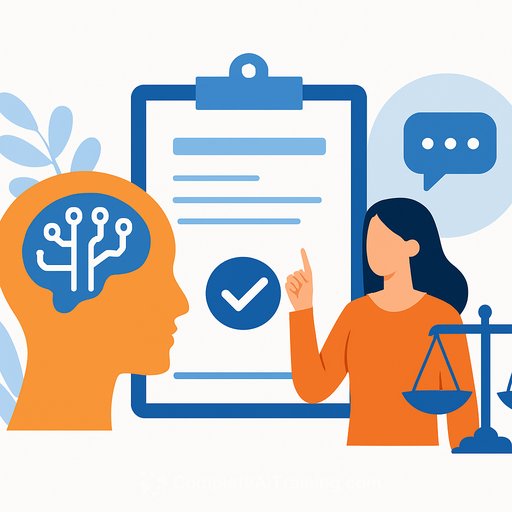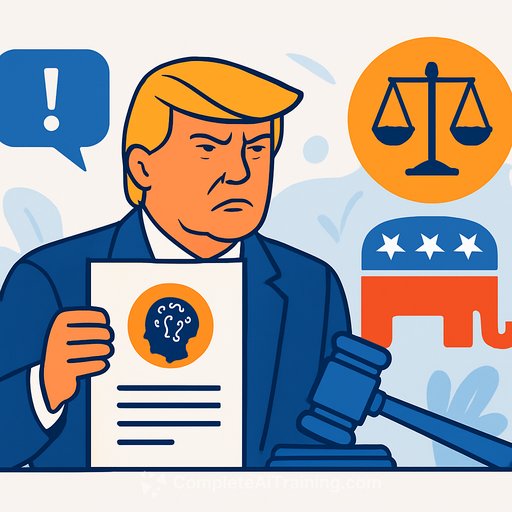NetChoice Expert Accused of Using AI-Generated Fake Quotes in Louisiana Age Verification Case
The Louisiana Attorney General’s office has accused a NetChoice expert of submitting fabricated quotes and citations generated by artificial intelligence in litigation over the state's age verification law. This allegation emerged in a recent court filing aimed at discrediting the expert declaration submitted by Dr. Anthony Bean, NetChoice’s sole expert in the case.
Louisiana’s law requires social media platforms to verify users’ ages, and NetChoice—a tech trade group representing companies like Google, Meta, and X—has challenged this requirement through multiple lawsuits. The state’s attorneys argue that a simple comparison between Dr. Bean’s report and the original sources would have revealed significant inconsistencies.
Allegations of Fabrication and AI Hallucinations
The filing highlights that Dr. Bean’s report includes incorrect website links, inaccurate volume and page numbers, and formatting that suggests it was produced by an AI tool. According to the state lawyers, the report looks and reads like an AI-generated printout rather than a professionally vetted expert analysis.
Jean Twenge, an expert for the state, reviewed Bean’s report and was unable to locate the quotes cited. The Louisiana legal team noted that while some source articles provided by NetChoice might align with the general topics mentioned, the specific quotes used by Bean do not exist in those sources.
“That might suggest an honest mistake—if the quotes were real. They are not,” the filing states bluntly. The state’s attorneys described the situation as ironic, given NetChoice’s vocal support for “free expression” and the “transformative power” of AI, yet relying on an expert report filled with AI-generated fabrications.
Legal and Ethical Implications
The state is urging the court to exclude Dr. Bean’s expert testimony entirely, arguing that his reliability is compromised beyond repair. Additionally, they seek to prevent NetChoice from submitting amended testimony or requesting extensions to file new expert evidence. The filing also requests that NetChoice be ordered to pay reasonable fees and costs incurred by the state in dissecting the fabricated report.
Louisiana Attorney General Liz Murrill criticized the tech companies for resisting age verification laws through what she called “fraudulent ‘experts.’” She stated, “That they’re trying to prosecute their case through an ‘expert’ whose opinions are AI hallucinations is mind-boggling.” Murrill emphasized her commitment to protecting children from harm.
Broader Context
This case is part of a growing trend where courts grapple with the reliability of AI-generated content in legal proceedings. Lawyers nationwide have faced sanctions for citing AI-hallucinated cases, and even federal judges have come under scrutiny for rulings containing fabricated quotes.
NetChoice is represented by the law firms Lehotsky Keller Cohn and Kean Miller. The case itself is NetChoice v. Murrill et al, M.D. La., No. 3:25-cv-00231, filed August 15, 2025.
What Legal Professionals Should Watch
- Verify expert citations carefully, especially when AI tools are involved in preparing reports.
- Be cautious about relying on unverified AI-generated content in legal arguments.
- Stay informed on emerging court standards regarding AI use and expert testimony reliability.
For legal professionals interested in how AI intersects with the law, exploring AI literacy and certification can provide valuable insight. Resources such as Complete AI Training’s certifications offer practical knowledge to navigate these challenges.
Your membership also unlocks:

